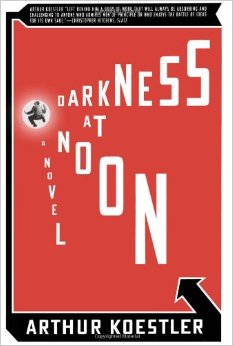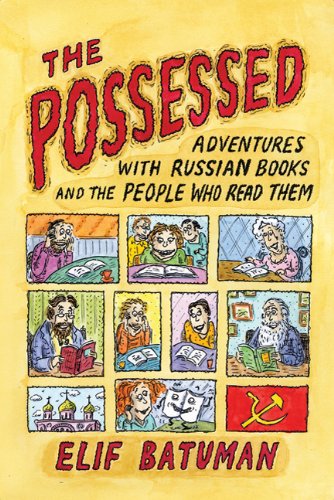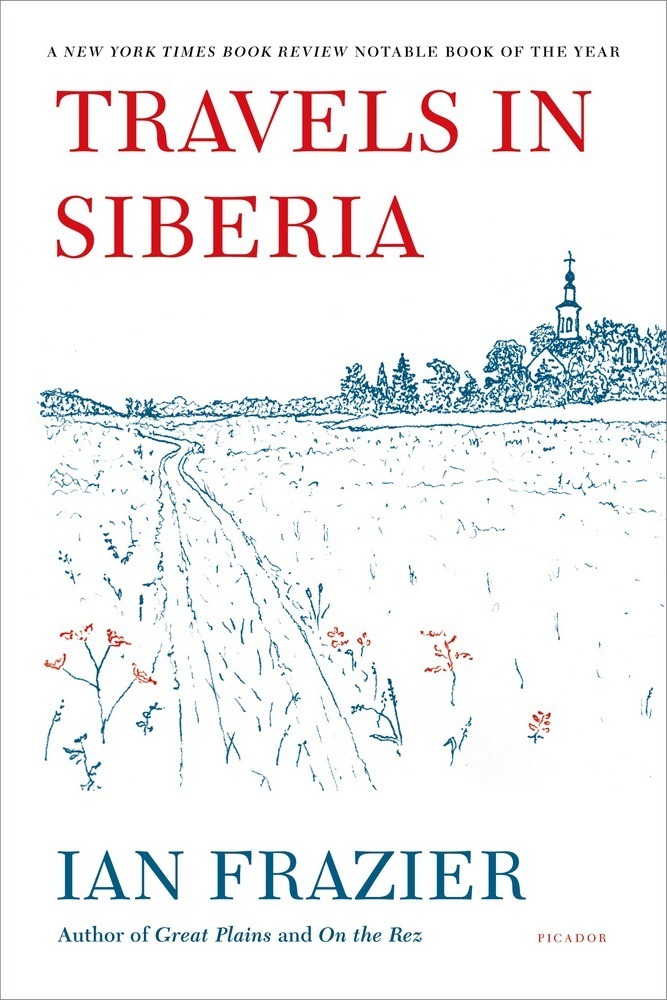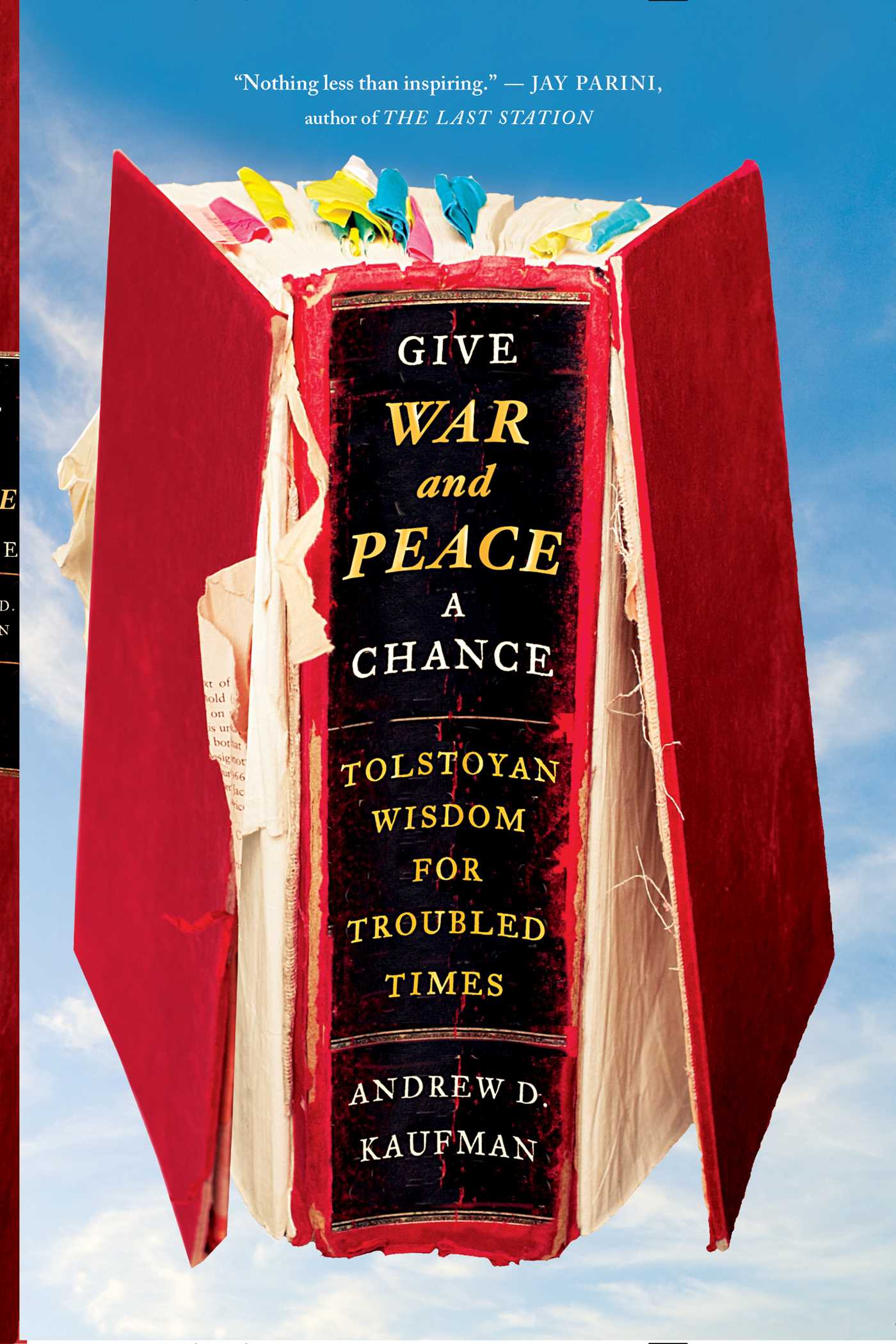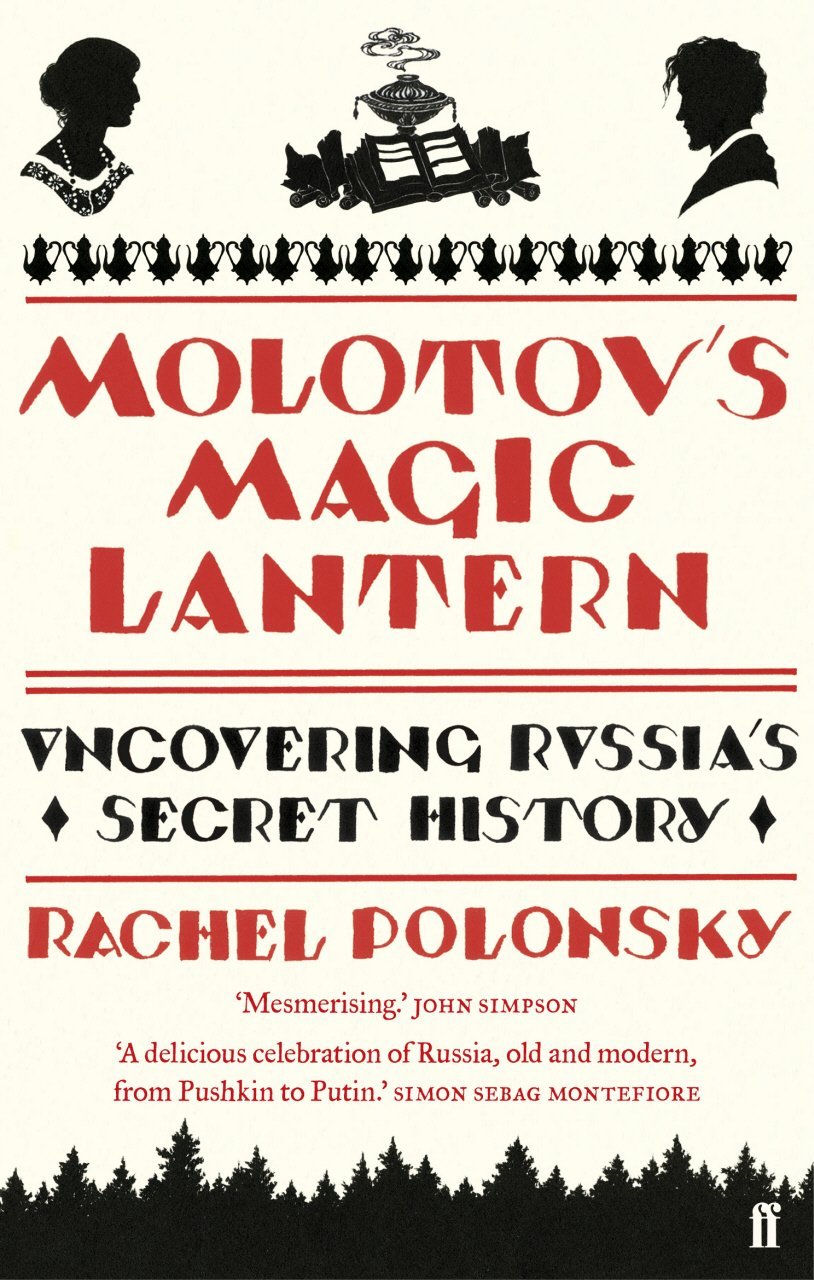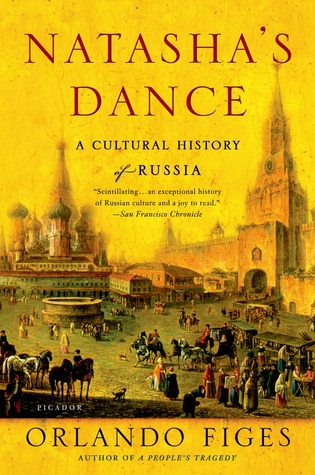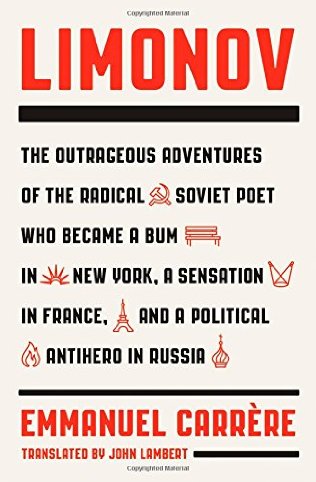I am afflicted with the little known but terrible disease known as “Russia Love.” Long ago, Russia wrapped its icy, beautiful claws around my heart and refused to let go. I have never visited our former Cold War adversary, but am fascinated by Russia’s contributions to music, art, literature, and dance, by the desolate expanse of Siberia, the way its entire history feels like an absurd tragedy concocted in the mind of one of its great novelists. To be clear, this is not another list of Russian novels. Yes, I know we should all read Tolstoy, Bulgakov, and Pasternak before we die, but these are the stories of my fellow sufferers—Westerners who have, for better or worse, fallen under Russia’s bewitching, inexplicable spell.
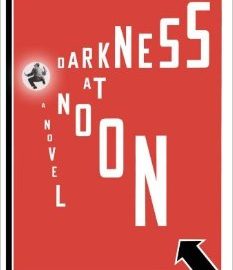
8 Books About Being Tragically, Maddeningly In Love With Russia
No Westerner has loved Russia more or borne greater witness to its betrayed ideals than Arthur Koestler. A Hungarian Communist who spent much of the 1930s rubbing shoulders with high-ranking Party members in Moscow, he grew disillusioned with communism after the Great Purges. The story of Nicholas Rubashov, a founding Party member who is arrested, imprisoned, and tried for treason against the government he had helped to create, it is a warning against the nature of the Soviet regime from a man who saw the revolution devour its children. Embodying the epic tragedy of the Soviet Union in one deeply personal and individual story, it is one of the great masterpieces of the past century.
“This seminal work of twentieth-century literature is the powerful and haunting portrait of a Bolshevik revolutionary caught in the vicious fray of Stalin’s show trials. Deeply intellectual, dramatically riveting, and written in prose as austere as a Soviet prison, Darkness at Noon is an uncompromising vision of the mechanisms and human impact of dictatorship.” —Caitlin Kleinschmidt
The culmination of five years and various trips, Ian Frazier’s memoir about his travels through Siberia unveils the underappreciated beauty and bewildering complexity of the vast territory in Russia’s northern region. You’ll fall in love with Frazier’s enchanting memoir as he explores the tundra’s expanse and learns about the rich history and people of this indomitable land.
The culmination of five years and various trips, Ian Frazier’s memoir about his travels through Siberia unveils the underappreciated beauty and bewildering complexity of the vast territory in Russia’s northern region. You’ll fall in love with Frazier’s enchanting memoir as he explores the tundra’s expanse and learns about the rich history and people of this indomitable land.
Clocking in at 1,500 pages, Tolstoy's classic is praised by critics and feared by readers. A love story, a family saga, and a war novel, at its core it’s a novel about human beings attempting to create a meaningful life for themselves in a country torn apart by war, social change, political intrigue, and spiritual confusion. Give War and Peace a Chance takes readers on a journey through War and Peace that reframes their very understanding of what it means to live through troubled times and survive them.
Clocking in at 1,500 pages, Tolstoy's classic is praised by critics and feared by readers. A love story, a family saga, and a war novel, at its core it’s a novel about human beings attempting to create a meaningful life for themselves in a country torn apart by war, social change, political intrigue, and spiritual confusion. Give War and Peace a Chance takes readers on a journey through War and Peace that reframes their very understanding of what it means to live through troubled times and survive them.
MENTIONED IN:
A much needed break from dictators and despots, Natasha’s Dance is an exploration of Russia as one of the world’s most vibrant civilizations. Beginning with the building of St. Petersburg, Orlando Figes examines how writers, artists, and musicians grappled with the idea of Russia—its character, spiritual essence, and destiny. Interweaving the great work of Dostoevsky, Stravinsky, and Chagall with folk embroidery, peasant songs, and religious icons, Figes reveals the spirit of “Russianness” as rich and uplifting, complex and contradictory—and more lasting than any Russian ruler or state.
A much needed break from dictators and despots, Natasha’s Dance is an exploration of Russia as one of the world’s most vibrant civilizations. Beginning with the building of St. Petersburg, Orlando Figes examines how writers, artists, and musicians grappled with the idea of Russia—its character, spiritual essence, and destiny. Interweaving the great work of Dostoevsky, Stravinsky, and Chagall with folk embroidery, peasant songs, and religious icons, Figes reveals the spirit of “Russianness” as rich and uplifting, complex and contradictory—and more lasting than any Russian ruler or state.
The magnetic French journalist Emmanuel Carrère first became infatuated with the writings of Eduard Limonov after meeting him in the early 1980s. Eduard Limonov isn’t fictional—but in Carrère’s hands, his biography assumes a novelistic grandiosity. (Speaking of grandiosity, just check out the epic subtitle.) Limonov is a troubling counternarrative of the second half of the twentieth century, one that reveals a violence, an anarchy, and a brutality that the stories we tell ourselves about progress tend to conceal.
The magnetic French journalist Emmanuel Carrère first became infatuated with the writings of Eduard Limonov after meeting him in the early 1980s. Eduard Limonov isn’t fictional—but in Carrère’s hands, his biography assumes a novelistic grandiosity. (Speaking of grandiosity, just check out the epic subtitle.) Limonov is a troubling counternarrative of the second half of the twentieth century, one that reveals a violence, an anarchy, and a brutality that the stories we tell ourselves about progress tend to conceal.

